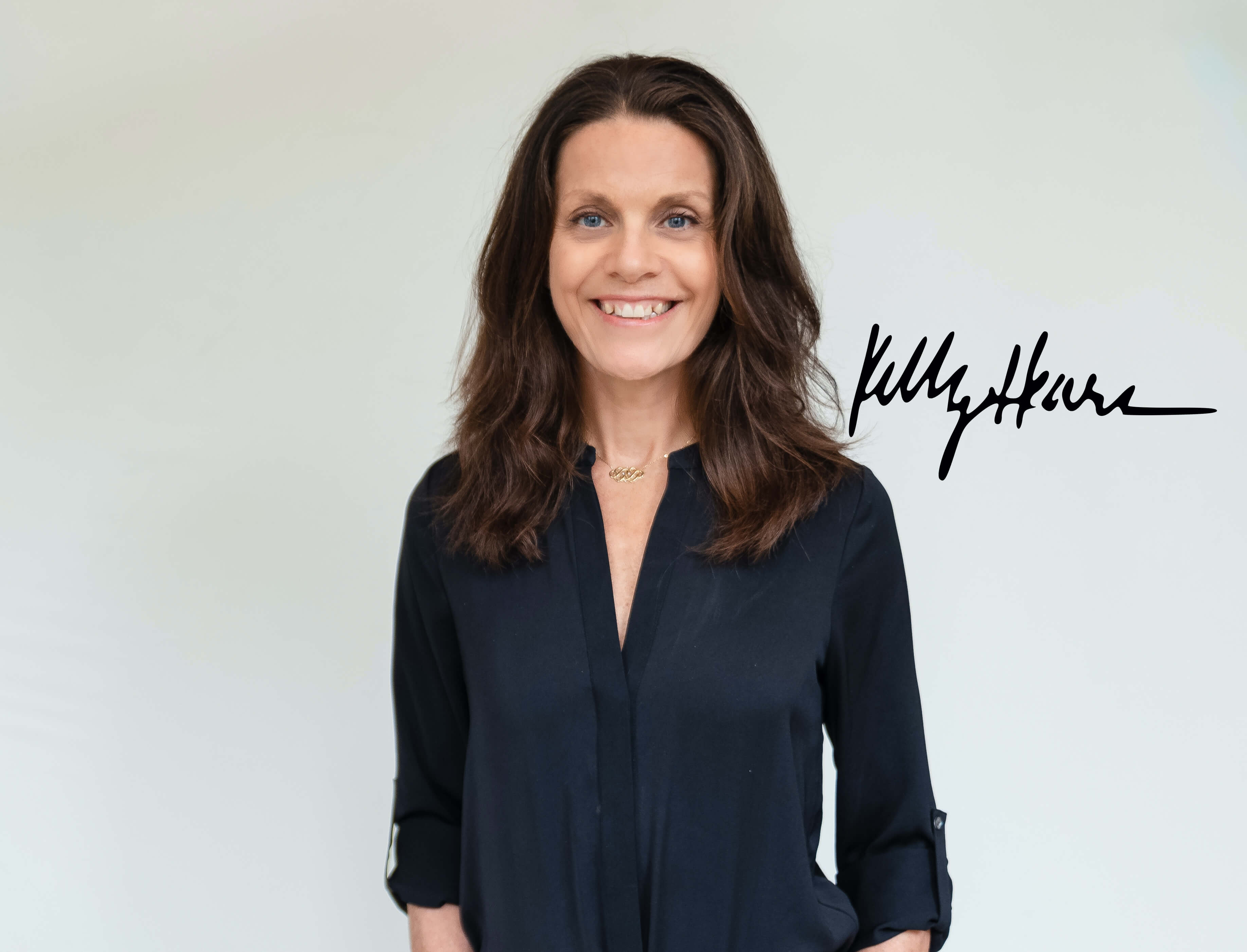_Dear Therapist,
For most of my teens, I've been struggling with focusing on schoolwork and have been pushing others away due to it. I fall into this cycle of wanting to fix my life but also worrying about bettering my health. I can work and get things accomplished, but it takes all of my concentration and happiness away. As a result, I subconsciously push away family members, such as my mother, and end up feeling isolated._
If I focus on the other, then it's the same thing. It's been like this since sixth grade and I've been trying to find time-management solutions among other things like that, but it's been difficult. If I focus too much on one thing, then the other one never existed in my head. I neglect one of my needs for the other. In the end, it becomes an overload of stress and balance and I'm trying to find the sweet spot, can you help?
Thank you!
Dear Struggling,
Thank you for writing and for expressing some very natural struggles of adolescence, a time when our own unique sense of identity is forming 'Who am I?' while we are simultaneously navigating increasing pressures from the outside world 'How do I need to be to fit in?' . It can be a period of intense turmoil as we search for the solid ground of our emerging selves.
Identity formation requires patience - ample time for exploration- before it starts to cohere, take shape. Unfortunately, modern culture isn't particularly accommodating. Let's take the UK's education system, for example, where exam pressure hits early on and can be crushing to other interests. Your letter says 'getting things accomplished' is crowding out any enjoyment, zapping your concentration and happiness. I wonder what you used to take pleasure in before schoolwork became your singular focus?
Can you give yourself permission to step back from your studies regularly to engage in activities that are meaningful merely because they make you feel alive? Remember the places, people, activities that bring you joy as these will naturally lead you to values, interests and goals all crucial parts of identity formation . Dancing, baking chocolate chip cookies, visiting a favourite exhibition, plucking a guitar, gossiping with a friend. Things that are likely to feel more like play than work.
Whatever the specifics may be, these are important aspects of you, too. And rather than taking away from your work, these breaks can provide you with the necessary fuel to re-engage later.
You also mention pushing family members away, particularly your mother. During adolescence we separate some from our parents as part of healthy growth and development. Please don't put additional pressure on yourself to stay as close to your family as you've always been, or in the same ways.
As we grow up, our social needs tend to migrate to friend groups and other social environments where we can belong and create new meaningful relationships. Opening up to a trusted friend about your experiences is one way to not feel so alone in all of this It's highly likely they will be going through similar! But perhaps you could also have an honest conversation with your mother. Let her know you are struggling with balancing your studies and other interests. Maybe even enlist her support - request she reminds you about needed study breaks, for example?
You want to 'fix my life' but I would suggest to you it isn't broken. This isn't to minimise the challenges you are going through but merely to reframe them as part of a natural - if intense - period of human development. Knowing this, can you go a little easier on yourself? Not need to have it all figured out just yet?
Your letter describes a cycle of lurching between the two poles of schoolwork and family. Both are obviously important but the wider world is opening up to you - where else does your energy and curiosity naturally want to wander? Can you allow for this? I hope so. As challenging as adolescence is to navigate, it is also a time for fantasy, imagination and playfulness, all of which make the harder bits more manageable.
Yours,

Do you have a question for Dear Therapist? Send it to [email protected] with Dear Therapist in the subject line and Charlotte Fox Weber or Kelly Hearn will get back to you.

